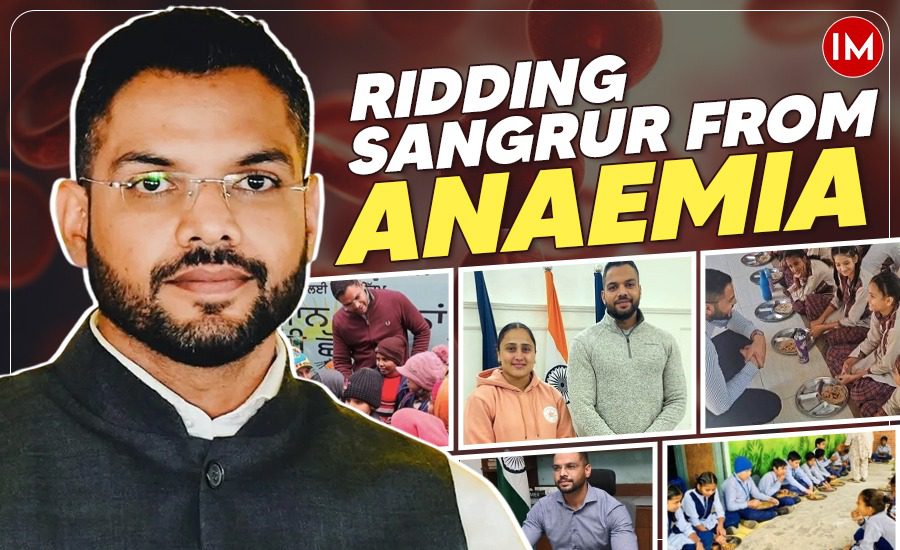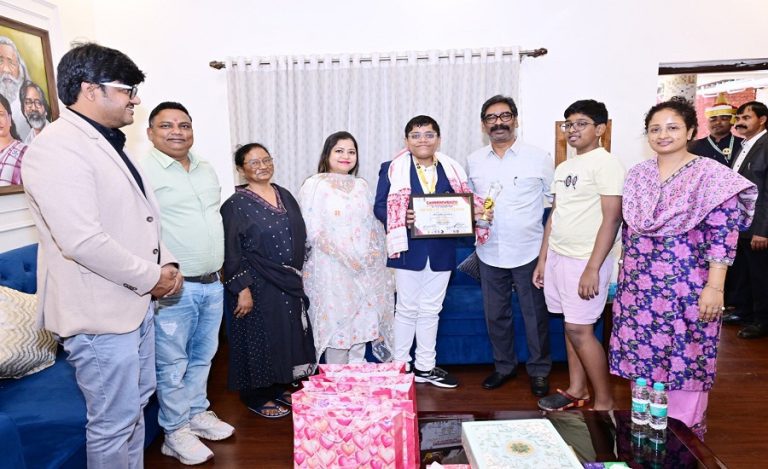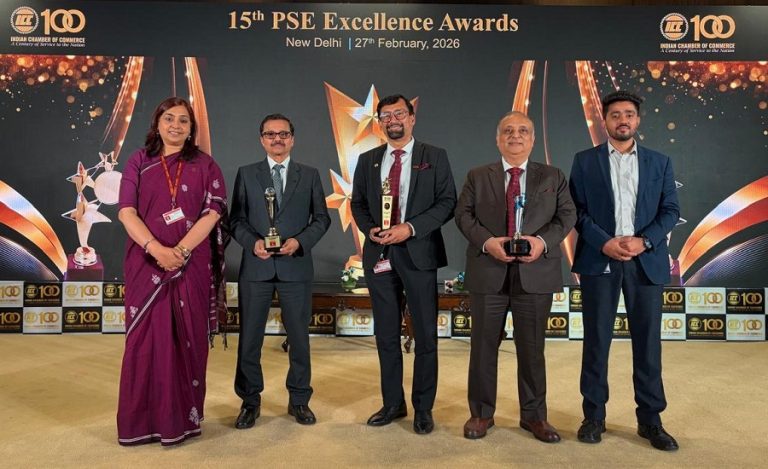When IAS officer Jitendra Jorwal assumed the role of Deputy Commissioner of Sangrur, Punjab, in April 2022, he found the district grappling with a silent crisis. Anaemia, a condition often dismissed as minor, was affecting nearly half the schoolchildren in the region, threatening their health and future. Recognizing the gravity of the situation, Jorwal launched a campaign to combat this widespread issue, transforming Sangrur into a model of health innovation.
People, especially women and children, not having enough healthy red blood cells or hemoglobin to carry oxygen to the body’s tissues, suffer from this disorder which causes tiredness, weakness, shortness of breath and poor growth. Today, Sangrur stands as a beacon of hope, thanks to Jorwal’s creative strategies and community-driven approach. Now serving as the Deputy Commissioner of Ludhiana, the visionary officer is preparing to replicate this success in his new district, with a promise to uplift thousands more.
A SHOCKING REVELATION
Shortly after taking office, Jorwal initiated a survey in government schools across Sangrur. The results were startling: 48% of students in 21 schools were anaemic, despite the government’s Weekly Iron and Folic Acid Supplementation (WIFS) programme.
“Health and education are the basic foundations for a society. When the foundation is strong, the structure will definitely be strengthened,” Jorwal told Indian Masterminds. “Women and children, who form 65% of our society, deserve focused interventions for their empowerment.”
The survey uncovered a web of issues. Misconceptions about Iron and Folic Acid (IFA) tablets, fainting episodes caused by consuming them on an empty stomach, and a lack of monitoring by schools were preventing the programme’s success. Teachers, wary of parents’ concerns, distributed the tablets but didn’t ensure they were consumed.
“In many underprivileged households, breakfast isn’t common, and children rely on the mid-day meal at school. Taking IFA tablets on an empty stomach was causing issues,” Jorwal shares.
A STRATEGIC OVERHAUL
Determined to address the root causes, Jorwal held discussions with the health and education departments. It became evident that a collaborative effort was needed to fix the gaps in implementation.
In 2023, he spearheaded a major revamp of the mid-day meal programme, ensuring the inclusion of iron-rich foods and distributing IFA tablets after meals. “We educated parents and students about the importance of taking these tablets post-meal to avoid adverse effects,” Jorwal says.
He also introduced a robust monitoring system, forming block- and district-level teams that submitted fortnightly reports to his office. “We ensured there was no room for negligence,” he adds.
BUILDING TRUST THROUGH AWARENESS
Winning back the trust of parents and students was another crucial step. Jorwal partnered with the Smile Foundation to organize awareness sessions on anaemia. Doctors directly addressed the concerns of parents and children, explaining the safety and benefits of the tablets.
“I personally attended these sessions and even consumed the tablets in front of parents. It was crucial to earn their trust,” Jorwal recounts. The transparent approach gradually built confidence within the community.
NURTURING NUTRITION
To complement the tablet distribution, Jorwal introduced kitchen gardens in nearly 756 schools. Students and staff began cultivating iron-rich vegetables like spinach, fenugreek, carrots, and drumsticks, which were integrated into mid-day meals.
“Adding fresh, homegrown greens to the mid-day meal not only improved nutrition but also instilled a sense of responsibility among children,” Jorwal explains. The initiative not only addressed anaemia but also fostered life skills and a connection to nature among students.
DRAMATIC RESULTS
The results were nothing short of remarkable. By January 2024, a follow-up survey revealed a dramatic reduction in anaemia cases — from 48% to just 4%. “It was a proud moment for the entire district administration,” Jorwal recalls. The initiative demonstrated that targeted interventions, combined with community engagement, could bring about transformative change.
TAKING THE FIGHT TO LUDHIANA
Now, as the Deputy Commissioner of Ludhiana, Jorwal is gearing up to implement similar strategies in his new district. “Every district faces unique challenges, but the strategies remain the same: education, awareness, and sustainable practices,” he says.
Plans are already underway to introduce kitchen gardens, enhance mid-day meals, and establish rigorous monitoring of IFA tablet distribution in Ludhiana. “If we could achieve such a transformation in Sangrur, I am confident we can replicate the success here,” Jorwal says with determination.
Jorwal’s fight against anaemia is the result of innovative thinking and relentless effort. His approach went beyond distributing tablets to addressing systemic issues, fostering trust, and promoting sustainable practices.
“Health and education are interconnected. When we invest in these areas, we’re not just building stronger individuals but a stronger society,” Jorwal says.
As Ludhiana prepares for its own transformation, Sangrur’s success serves as a shining example, proving that with the right leadership and strategies, even the gravest challenges can be overcome.
































